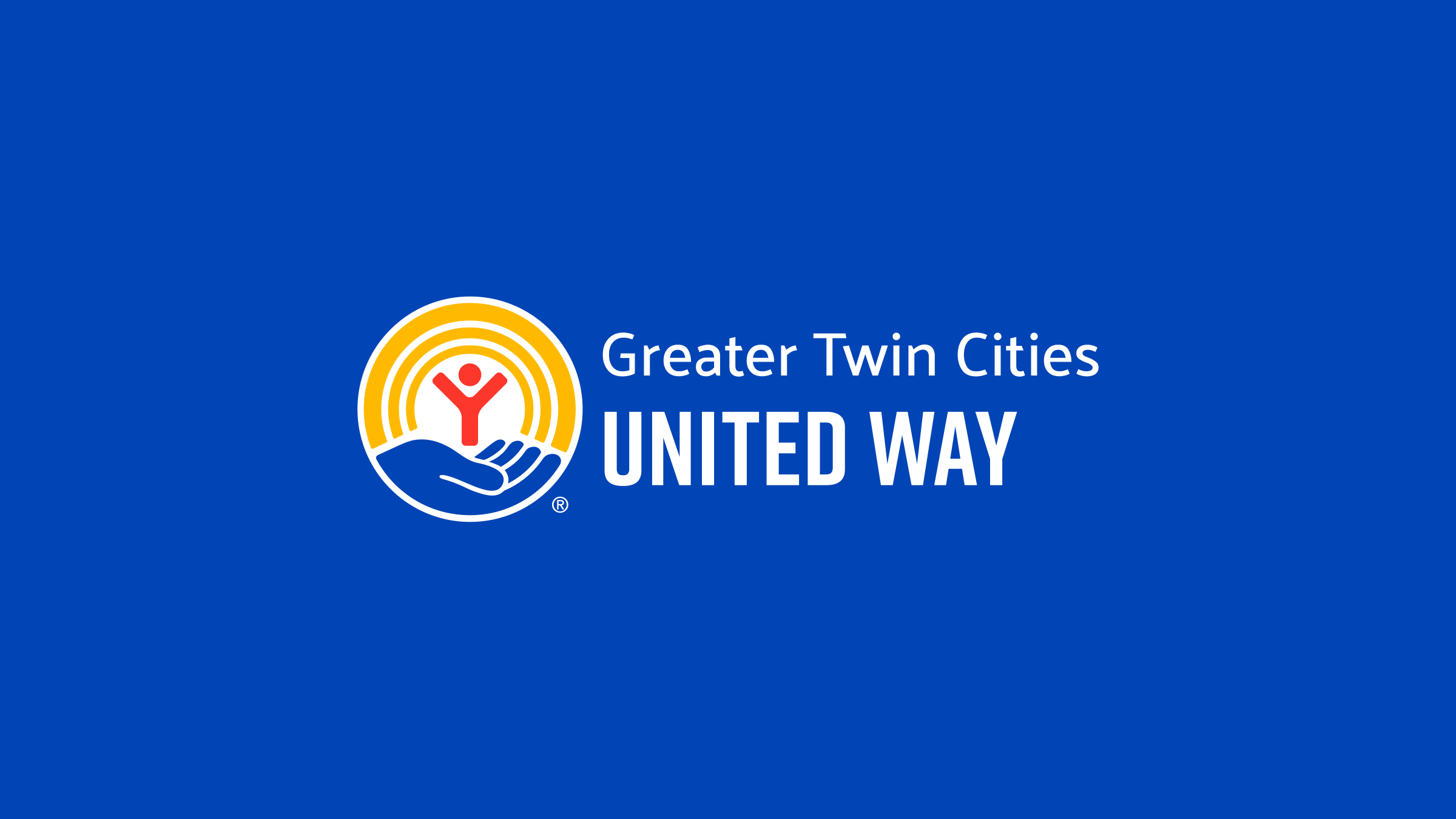
SAINT PAUL, MN (Sept. 10, 2024) — Though wages for the lowest paid jobs have risen across the country at the fastest rate in four decades, the number of households struggling to get by in Minnesota grew from 2021 to 2022. As a result, a total of 834,343 households or 36% were living paycheck to paycheck, according to a new report, “ALICE in Minnesota: A Study of Financial Hardship,” from Greater Twin Cities United Way, United Ways of Minnesota, and their research partner, United For ALICE. That calculation includes 233,779 Minnesota households in poverty as well as another 600,564 defined as ALICE.
ALICE® is an acronym for Asset Limited, Income Constrained, Employed, and it’s a way of understanding families, neighbors, and colleagues who work hard, earn above the Federal Poverty Level, but don’t make enough to afford a basic household survival budget. ALICE workers include childcare providers, home health aides, cashiers, retail clerks, waiters, nonprofit professionals and others — those working low-wage jobs, with little or no savings and one emergency from poverty. As members of the United Ways of Minnesota, our organizations recently joined the United for ALICE network — a national movement to raise awareness about this growing but often hidden population in our communities.
ALICE in Minnesota: A Study of Financial Hardship shows that while wages were increasing, so too were costs. For a family of four with an infant and a preschooler, the basic costs to live and work in Minnesota, excluding tax credits, rose from $63,444 in 2021 to $77,304 a year later. Compounding the issue in 2022 was the loss of up to $15,000 in federal child tax credits and stimulus payments that this family had access to in 2021.
“While larger paychecks have provided some relief, the combined impact of inflation and the end of pandemic supports has continued to impact ALICE households here in the Twin Cities and across our state,” said John Wilgers, President and CEO of Greater Twin Cities United Way. “This latest data underscores that, despite some progress, many ALICE families are still forced to make impossible choices to try to make ends meet.”
The findings in this one-year period are consistent with a more than decade-long trend: Since the end of the Great Recession, despite some ups and downs, the number of ALICE households in Minnesota has been steadily growing. From 2010 to 2022, the total number of households rose by 10%, households in poverty increased by 1% — and the number of ALICE households grew by 33%.
“The data is showing persistent and widespread financial hardship — a red flag that the current system isn’t working for ALICE,” said Stephanie Hoopes, Ph.D., United For ALICE National Director. “Current policy has not been enough to break down the barriers that trap ALICE households in financial hardship, from lack of access to housing and childcare that’s affordable, to inadequate community supports such as broadband internet.”
Additional insights include:
To read the report and access online interactive dashboards that provide data on financial hardship at the state, county and local levels, visit UnitedForALICE.org/Minnesota.
###
About Greater Twin Cities United Way: Greater Twin Cities United Way unites changemakers, advocates for social good and develops solutions to address the challenges no one can solve alone to create a community where all people thrive, regardless of income, race or place. For more information, visit gtcuw.org and follow us on Facebook, X (Twitter), Instagram and LinkedIn.
About United For ALICE: United For ALICE is a U.S. research organization driving innovation, research and action to improve life across the country for ALICE (Asset Limited, Income Constrained, Employed) and for all. Through the development of the ALICE measurements, a comprehensive, unbiased picture of financial hardship has emerged. Harnessing this data and research on the mismatch between low-paying jobs and the cost of survival, ALICE partners convene, advocate and collaborate on solutions that promote financial stability at local, state and national levels. This grassroots ALICE movement, led by United Way of Northern New Jersey, has spread to 31 states and includes United Ways, corporations, nonprofits and foundations in Arkansas, Colorado, Connecticut, Delaware, Florida, Georgia, Hawai‘i, Idaho, Illinois, Indiana, Iowa, Kansas, Louisiana, Maine, Maryland, Michigan, Minnesota, Mississippi, New Jersey, New York, North Carolina, Ohio, Oregon, Pennsylvania, South Carolina, Tennessee, Texas, Virginia, Washington, Washington, D.C., West Virginia and Wisconsin; we are United For ALICE. For more information, visit: UnitedForALICE.org.